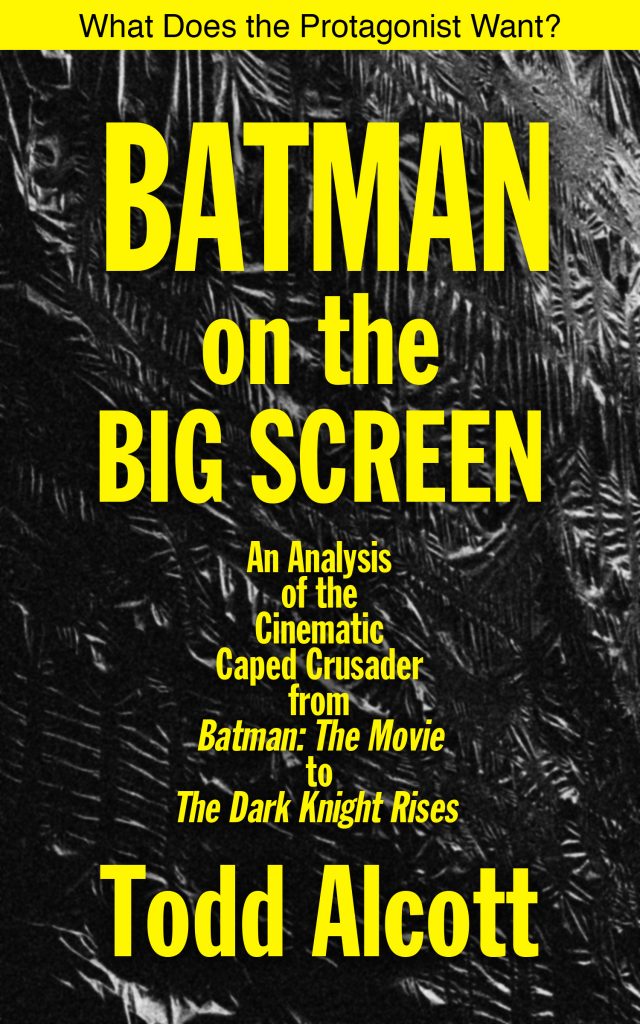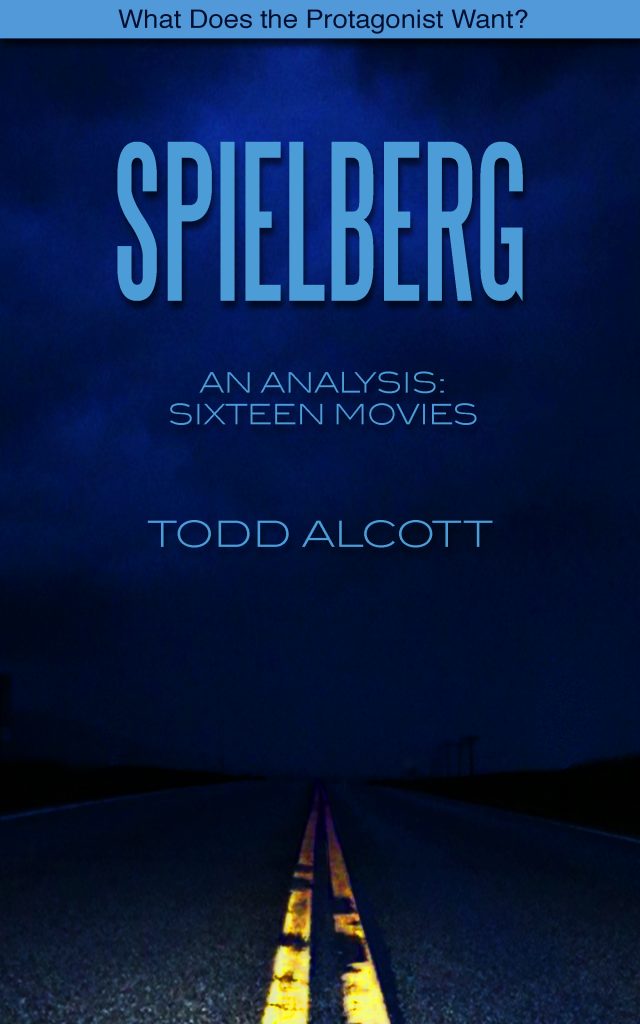Kubrick: Barry Lyndon part 1
At the request of absolutely no one, but on the occasion of Criterion’s release of their edition of Kubrick’s 1975 costume drama, I’ve decided to sit down and try to tackle this most perplexing and misunderstood of Kubrick’s movies.
WHAT DOES THE PROTAGONIST WANT? Redmond Barry, as he is known in the first half of the movie, is torn between two conflicting desires. At the one end is “love,” which he desires strongly, and at the other end is “social mobility,” which, as life inflicts itself upon him, he gradually comes to desire more and more.
Kubrick lets us know, before the movie even starts, that his subject here is social mobility. A title card announces that the first half of the movie will tell us how Redmond Barry, local nobody, gradually comes to be known as fabulously rich guy Barry Lyndon. As the narrative unfolds, we see how the conflicting impulses of love and social mobility come to define Barry’s journey, and how the ever-present threat of violence serves as a kind of lubricant for both desires.
Spielberg
My new volume of analysis, the double-sized, sixteen-movie volume on the films of Steven Spielberg, is now available for humans with eyeballs to read at Amazon.
Amazing at it sounds, Spielberg remains one of the most misunderstood, and underrated, directors of our time. If you’ve ever dismissed Spielberg, or thought “What’s the big deal?” or hated him for his whatever you hate him for, this volume will shed new light on his work. And if you’ve always liked his work but didn’t know why, this book will also shed new light on his work. And if you’ve always loved his work, this book will still shed new light on his work. Guaranteed.
Coen Bros: Five Films
Now available at Amazon, for your reading pleasure, my analysis of No Country For Old Men, A Serious Man, True Grit, Inside Llewyn Davis and Hail, Caesar! Certainly five of the greatest movies released in the past decade. Endlessly watchable, endlessly rewarding of examination. Analytical readings of analytical screenplays from analytical writers. I especially recommend this volume for people who don’t “get” A Serious Man, Inside Llewyn Davis and Hail, Caesar!.
Batman on the Big Screen

Batman on the Big Screen, a volume collecting everything I’ve written about the Caped Crusader, is now for sale at Amazon. It’s the first in what will be a long line of volumes under the What Does The Protagonist Want? banner. Having just finished editing it, I can tell you, it’s still highly addictive reading!
some thoughts on The One I Love
It’s a fairly common occurrence for me that a young talent will come to me and ask me how to break into the biz. Since I’ve made several movies, make my living as a full-time writer and still don’t know “how to break into the biz,” I’m never sure what to say.
I do know this: it’s hard to get a movie made. The maze an idea has to go through from idea to multiplex is so long, so convoluted and so fraught with peril, that almost no ideas whatsoever make it all the way. The multiplex hit is a property designed from the top down, the corporation that owns the studio says “We need to see X amount of profit, or you’re out of business.” The studio then says “We need to take zero risks in our release schedule, we can only make huge movies that will play well internationally and will bring in lots of money through ancillaries for a long long time.”
So, if you’re a young talent and you’re expecting to “break into the biz,” the odds are stacked hugely against you. The studio is giving the jobs that matter to people who have already proven themselves to be talented filmmakers.
And so, the thing I say to the young talent who wants to break into the biz is: “Make your own work.” No one is going to give you a job writing or directing a movie; write and direct the movie yourself.
It’s never been easier. Cameras are dirt cheap, computer memory even cheaper, and your phone probably has an editing program more sophisticated than AVID. And the internet is right there, demanding to be fed content every day, 24 hours a day.
If you’d like an example of the perfect movie to make, go see The One I Love. It has one location, two actors, and a lovely corkscrew of an idea that means that the one-location, two-actor movie doesn’t feel like a play. It’s a movie, and it could only be a movie.
I’m glad that The One I Love has the production values it does, but whatever its budget was, it could have been lower. It could have been nothing. The script could have been shot with a consumer-level camera in a single apartment. The movie is in the idea. Because the idea is so strong, the script could have withstood almost any production values at all and would still have worked narratively and dramatically.
Point is, production values are nice and all, but the first thing you need is a great idea that gives rise to a great script. Stick to those things and you don’t need car chases, alien invasions, “great cinematography” or anything else, you’ll be on your way. And you don’t have to shoot it in a house, just about everyone has a unique location available to them. If you have a boat, write a movie that takes place on a boat. If you have an RV, make a movie that takes place in an RV. If you have an abandoned castle nearby, use that. The movie Killing Zoe got made because the producer had access to an abandoned bank that was about to be demolished, so he asked Roger Avery to write a movie that takes place in a bank.
Use what ever is around you, and use your lack of funds to your advantage. Start with an idea, write a movie that’s simple to shoot, and shoot it. Then you’ll have a movie people can see, and if you’ve done your job you won’t need to break into the biz, the biz will come looking for you.
Some thoughts on the state of screenwriting in 2013
It was a great weekend for American filmmaking. Gravity is a solid thriller, made by a great director, Alfonzo Cuaron, a man with a bold cinematic vision, backed by a fearless producer, David Heyman, who ushered Cuaron’s vision to the big screen, produced in collaboration with a huge studio, Warner Bros, who supported Gravity‘s vision and ushered it into theaters with a hugely effective marketing push. Miracle of miracles, the movie made a ton of money and will continue to do so. Because Gravity fulfills one of the essential qualities of commercial filmmaking in 2013: you gotta see it in a movie theater. This is a movie that will not be the same experience when you’re watching it on your phone while waiting in line at the grocery store.
Here’s the thing: in an ideal world, Gravity would be an average American movie. Why isn’t it?
Read more
Who does what
The Executive Producer, Producer, Director, Director of Photography and Screenwriter of a typical Steven Spielberg movie.
berkeley314567 writes:
I’m hoping you can help me with some basic movie industry knowledge. In discussions of movies, how they’re made, individual roles, etc., I’m constantly asked who really does what. For example, does it really matter that the executive producer of “Big Success” also produced “New Film?” Is it really a stamp of quality? I’ve tried to figure it out, but not being part of the business it’s still a little murky. So here’s my basic understanding:
Executive Producer – Provides the money, has final say on several matters.
Producer – Deals with day to day operational matters.
Screenwriter(s) – Provides the foundational material.
Director of Photography/Cinematographer – Creates the look of the film, including angles of shots, lighting, coloring
Director – Oversees individual takes, tries to get actors to deliver a performance that meets his ‘vision,’ decides when to move on to next scene.
Key Grip – Makes sure nothing moves that isn’t supposed to.
Best Boy Grip – No friggin’ clue.
So, assuming that I’m (mostly) right about the above job roles, what happens when someone like Spielberg or Cameron steps up to the helm? Do they just get more of the credit? Do they take on multiple roles? How accurate is it to say that Spielberg’s success is due in large part to good script selection, like Tom Hanks?









